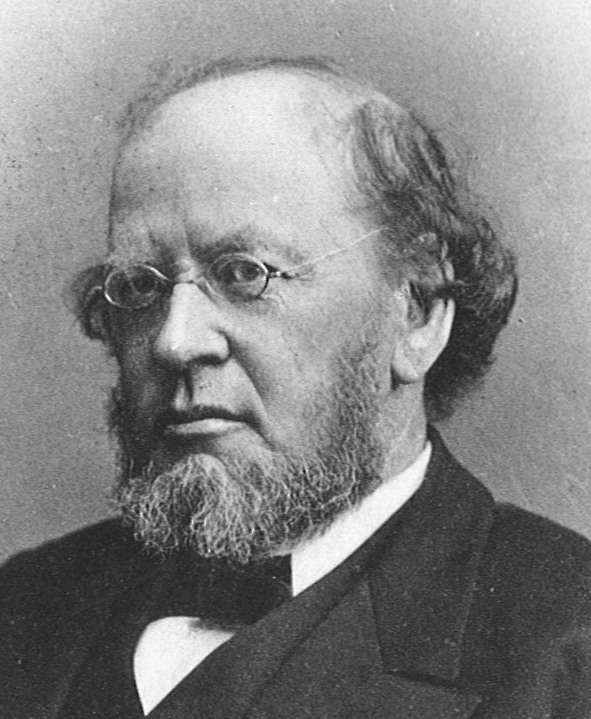Sloppy History in The New York Times
Who was against "government schools"?

Katherine Stewart has an op-ed in today's New York Times that purports to expose the sordid history of the phrase "government schools." The "attacks on 'government schools,'" she claims, "have a much older, darker heritage. They have their roots in American slavery, Jim Crow-era segregation, anti-Catholic sentiment and a particular form of Christian fundamentalism."
How reliable a historian is Stewart? Not very. Take this passage, for just one example:
One of the first usages of the phrase "government schools" occurs in the work of…the Presbyterian theologian A.A. Hodge….Hodge decided that the problem lay with public schools' secular culture. In 1887, he published an influential essay painting "government schools" as "the most appalling enginery for the propagation of anti-Christian and atheistic unbelief, and of antisocial nihilistic ethics, individual, social and political, which this sin-rent world has ever seen."
Here's a fun fact about Archibald Alexander Hodge: He wasn't opposed to government schools. His great fear was that the schools would be secularized, and to prevent that end he wanted to keep them under strictly local control. But he didn't want to detach them from the government. As he wrote in his 1887 essay "Religion in the Public Schools," he wanted legislators to
let the system of public schools be confined to the branches of simply common school education. Let these common schools be kept under the local control of the inhabitants of each district, so that the religious character of each school may conform in all variable accidents to the character of the majority of the inhabitants of each district. Let all centralizing tendencies be watchfully guarded against.
Since Hodge is supposed to be Stewart's example of "anti-Catholic sentiment," I should note that his article actually speaks rather respectfully of Catholics. If you're looking for a cause with a special appeal to anti-Catholic bigots, look not to the critics of consolidated public education but at the public schools themselves: In that era they were often deliberately used as tools of Protestantization.
So what about those quotes in Stewart's op-ed? They appear to come from a lecture Hodge wrote around the same time, titled "The Kingly Office of Christ." The phrase "government schools" appears in it precisely once: "The Protestants object to the government schools being used for the purpose of inculcating the doctrines of the Catholic Church, and Romanists object to the use of the Protestant version of the Bible and to the inculcation of the peculiar doctrines of the Protestant churches." The other phrase that Stewart quotes comes several pages later:
I am as sure as I am of the fact of Christ's reign that a comprehensive and centralized system of national education, separated from religion, as is now commonly proposed, would be the most appalling enginery for the propagation of anti-Christian and atheistic unbelief, and of antisocial nihilistic ethics, individual, social and political, which this sin-rent world has ever seen.
So it's not government schools per se that he thinks are the problem; it's "a comprehensive and centralized system of national education, separated from religion." He's not criticizing the idea of public schools; he's criticizing centralized, secularized schools. If you're searching for someone who said "government schools" in a sneering way, this is a dead end.
As it happens, I do know of a 19th-century figure who used the phrase "governmental schools" sneeringly. What's more, he did it in 1858, three decades before the lecture that Stewart called "one of the first usages of the phrase 'government schools.'" Here's what he said:
Question.—Are you in favor of common schools being supported by government?
Answer.—I am opposed to all governmental schools. Compulsory schools are absurd and oppressive. Government should have no concern with education or religion. I would upset the system of governmental schools entirely, if I could. Schools should be supported voluntarily, as churches and ministers are. Compulsory schools are especially oppressive to Catholics.
The speaker? The prominent abolitionist Gerrit Smith, in an exchange published in William Lloyd Garrison's anti-slavery newspaper The Liberator. His sentiment shouldn't be a surprise, given the strong currents of antistatist thought in the abolitionist movement. Stewart did say something about "roots in American slavery"—does this count?


Show Comments (49)